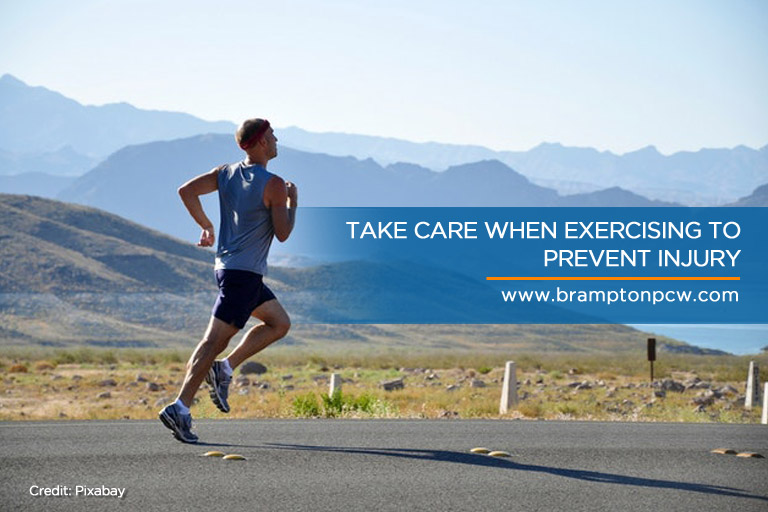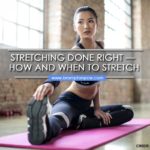Summer is a great time to get out and exercise. There are plenty of outdoor activities that can keep you busy during the summer months, including swimming, running, and biking. However, sports injuries often come with exercise (most commonly to the ankles, knees, elbows, and shoulders). Sports therapy can take some time to help you recover from injuries — time you could spend in exercise and having your fun.
Follow these basic tips to spend more time playing and less recuperating.
- Get A Physical At The Start Of The Season
Before starting any exercise or workouts, get a physical first. A checkup is a good way to check how fit you are before significantly exerting yourself. Your doctor can help find out how fit you are to play ahead of time. Use this chance to identify areas of concern (e.g. old injuries) that could contribute to more injuries. Work with your doctor to find a regimen that keeps you fit and helps you avoid injury.
- Know Your Limits
If it’s your first time doing a sport, take it slow. Get lessons to help familiarize with the game and under expert supervision. Learn the fundamentals from a pro to get the hang of it. If you are familiar with what you’re doing, be careful all the same. It’s good to challenge yourself and push to be the best you can be, but stay safe as you exercise. Be aware of your limitations, and avoid pushing yourself too far beyond them.
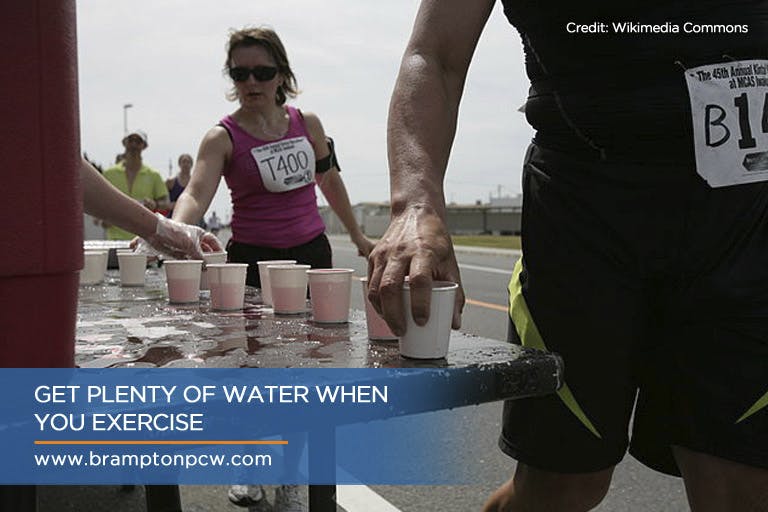
- Stay hydrated
Getting plenty of water is always important when playing sports, and more so in summer. Staying hydrated has benefits in general, but that’s even truer when you’re an athlete. Make sure you have plenty of water before, during, and after practice. Bring extra water bottles in case you or your friends need more than what you have. Drink plenty of water throughout the day to stay healthy and keep exercising at your best Your muscles work more efficiently when you get enough water, allowing you to play longer without getting as tired. If you’re active for an hour or more, take sports drinks in addition to water to replace the electrolytes lost with your sweat. Schedule several water breaks during games and practice to give yourself enough opportunities to hydrate throughout the day.
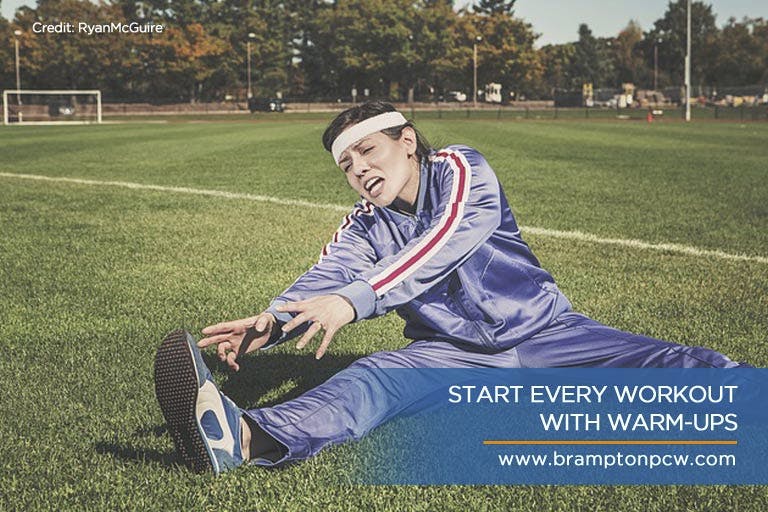
- Do your warm-ups
Before you start playing or working out, take some time to do stretches first. Warm-up exercises are an effective way of preventing sports injuries and getting the body ready for training. Use the warm-ups to help the muscles prepare for activity. Use both dynamic and static stretches to wake up all the muscles you’ll need for exercise. Static stretches hold muscles in place to get them more limber (e.g. toe touches). Dynamic stretches involve slight movements to get the body ready for action (e.g. jumping jacks).
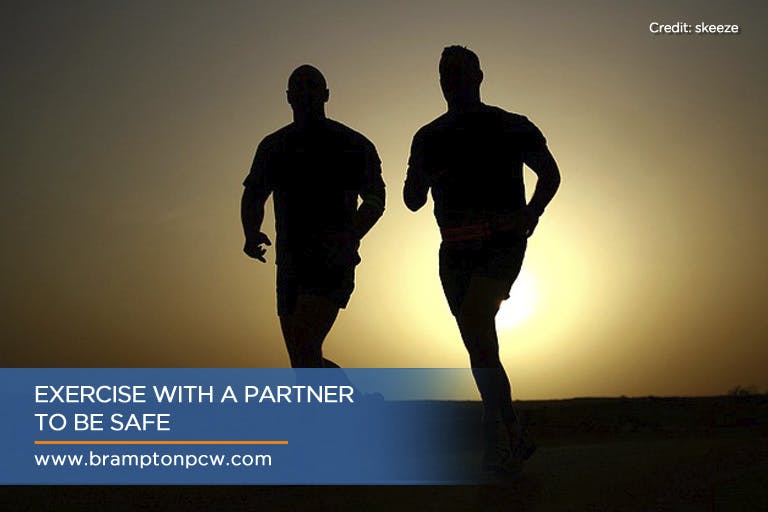
- Find a workout partner
Using the buddy system is a great way of avoiding injury. Bring a partner with you on your workouts to help with monitoring. With two people, you can watch each other’s technique. Another person’s feedback can help ensure safety by ensuring that you do not overexert. In case of emergency, you also have another person to help deal with any problems.
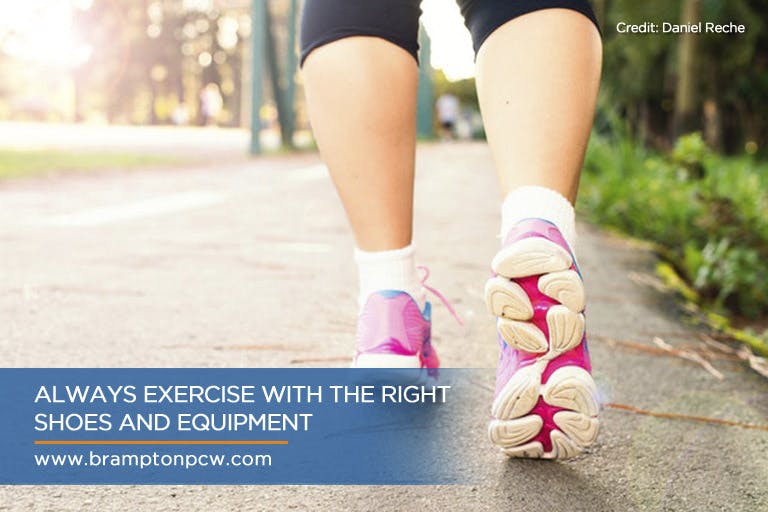
- Use the right equipment
Always bring the right equipment for your sport (e.g. shoes and protective gear). The right gear is crucial for avoiding injury and enjoying the sport to the fullest. For example, wearing proper shoes may not seem like much, but it’s vital you get the right shoes for the right surface. Sports injuries and chronic pain can sometimes be caused by wearing improper or ill-fitting shoes. A foot clinic can help address foot-related problems, but prevention beats cure any day. Wear shoes with good arch support and firm heel support to protect your feet and legs as you play.
- Get enough rest
Athletes need plenty of rest between games, practice, and events. Getting enough rest is just as important for keeping healthy as exercise. Get plenty of sleep every night to rest and recover after your workouts. Lack of sleep and muscle fatigue can be significant factors in sports injuries. Injuries can come about by muscle overuse, especially in young athletes. Give yourself enough time to rest your muscles and get 7 - 8 hours of sleep every night. Adequate rest time gives the body enough time to recuperate for the next round of workouts. Plan for more rest during the offseason to help recover when you’re freer.

- Eat a healthy, well-balanced diet
As an athlete, it’s a good idea to watch what you eat. Nutrition and fitness go hand in hand, especially if you’re exercising. The right diet can help you keep fit and avoid injuries while training. Be sure to eat plenty of fruits, vegetables, and lean proteins. These foods are what you need to build muscle and store energy for your activities. Some sports (e.g. wrestling) also require you to stay at the right weight. Follow safe eating habits to regulate your weight and stay in the right weight class.
- Learn the proper techniques
There is a right way and a wrong way to do things in every sport. Find out the proper techniques you need for your game to get the most out of it and avoid injury. Some injuries can come about because of repetitive movements with poor technique. Get adequate training and master the proper techniques to move freely and safely. For example, learn the right way to jog to make yourself more stable and avoid getting wrong-footed. Knowing how to exercise correctly can go a long way toward preventing injury and making your activity much more fruitful.
- Wear lightweight, light-coloured clothing
The right clothes are important when you need to maximize movement and protect yourself from the heat. Look for loose-fitting and well-ventilated clothes to make it easier for your body to breathe. Ideally, limit your clothes to one layer of absorbent material. That helps sweat evaporate and makes it easier to avoid heatstroke. Go for light colours to help reflect the sun’s rays and stay cool.
- Recognize injuries early
In case of any injury, see a doctor right away, even if it doesn’t seem serious. Some athletes hide injuries or try to work through the pain. It’s vital that you get treatment for injuries to avoid letting the damage progress. Pay attention when you have to alter your technique to avoid pain, or when others point out you’re doing so. Err on the side of caution when it comes to your health to keep playing longer and prevent any long-term damage.
Athlete safety is paramount; take your safety seriously to prevent serious injury. Visit a doctor in case of strange aches and pains. Sometimes they turn out to be nothing, but better safe than sorry. It’s important to have fun but know your limits. Pushing yourself too hard can contribute to injuries and take time to heal. Remember to take care of yourself before, during, and after exercising to stay in good health.
Brampton Ortho Neuro Physiocare is here to help with your physical therapy needs. When you need help recovering after a sports injury, we’re ready to help you on the road to wellness. We offer a wide array of therapy programs and personalized care to improve your quality of life and restore your health. Give us a call at (905) 454-4975; our caring therapists will help you at every stage of your rehabilitation.

